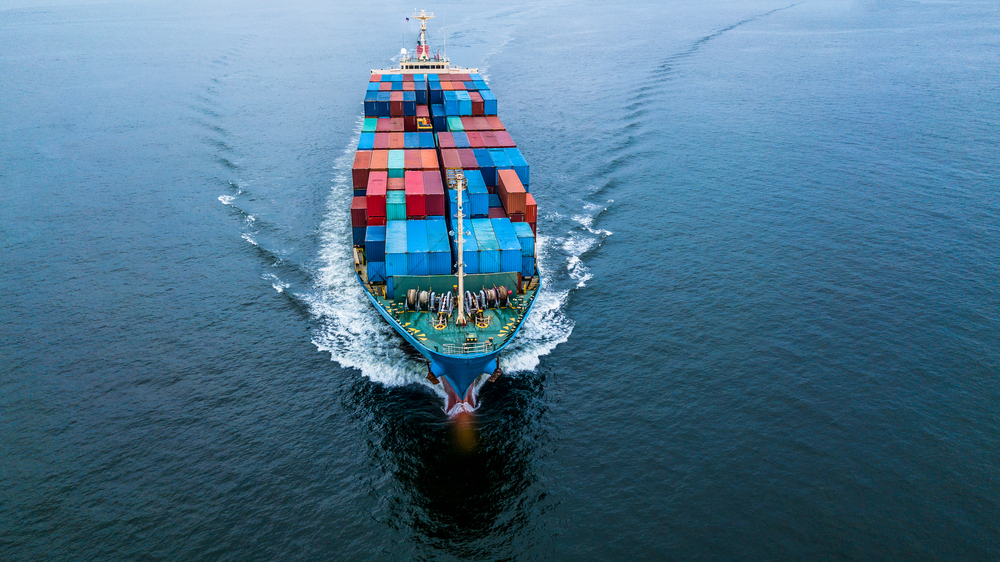OPINION: Friday’s publication of the government’s DRS consultation response marked a significant juncture for the resources and waste sector.
While the proposed timeframes for implementation are ambitious following years of delay – admittedly exacerbated by political and global events outside Defra’s control – the ESA and its members welcome the additional clarity that last week’s response provides.

ESA recognises the merits of a DRS in helping to capture additional materials for recycling that might otherwise be lost to the system. However, what we have ended up with is overkill. While Defra has rightly focused on addressing littering and driving up recycling rates as its underlying principle for a DRS, the scale of the benefits of an “all-in” approach, as outlined in the impact assessment, seem inflated. ESA considers that the net marginal benefit of an “on-the-go” system would have been significantly greater – offering substantially less cost while still capturing the most commonly littered and unrecycled container formats.
Implementation
Additionally, the benefits of the full range of resources and waste strategy (RWS) policies would have been maximised through a phased implementation.

We have argued that consistent collections and extended producer responsibility (EPR) should be introduced first, as both policies have the potential to deliver many of the same outcomes as DRS. This would have allowed Defra to gauge the efficacy of these policies and then tailor a bespoke DRS to complement the rest of the system and target any remaining challenging materials.
Considering that one of Defra’s key motivations for a DRS was to move us from 70% collection of PET bottles to 90%, it is interesting to note that Belgium captures 95% of PET bottles through their EPR system with no DRS in sight. A delayed implementation could have therefore pared back the requirements, and in turn cost and complexity, of a DRS.
Digital DRS
A delayed implementation could also have allowed for digital DRS to become sufficiently robust to be deployed at scale. This would have substantially reduced the system cost, transport movements and worked with existing kerbside collections.

Although the consultation response does call for the continued exploration of the ‘feasibility of introducing digital solutions to the scheme’, a post-implementation shift back to digital DRS would risk adding further disruption to the collection and sorting system.
And yet, while digital DRS may now be effectively redundant, a partial kerbside system will still have to be implemented through an, as yet, undefined take-back service for online purchases. Though Defra rightly point out that some consumers will struggle to access return points to redeem their deposits, this service is only necessary due to the added complexity of the system.
DMO
Additionally, we welcome the confirmation that the deposit management organisation (DMO) will be subject to substantial fines if it fails to meet collection targets. Unredeemed deposits earmarked to ‘part-fund’ the scheme risked creating a perverse incentive for the DMO to operate ineffectively.
It is alarming that the government’s response did not outline any requirement for the DMO to ensure that material is reprocessed domestically
However, just as with the other RWS policies, such as the EPR sampling and reporting regime, we now require confirmation that the Environment Agency and its devolved equivalents will receive the additional resources they need to put a strict enforcement regime in place. This will be crucial for underpinning investment from ESA’s members.
In addition, it is alarming that the government’s response did not outline any requirement for the DMO to ensure that material is reprocessed domestically. ESA considers that support for domestic recycling should be a KPI to assess the scheme administrator’s performance year-on-year. This, again, would encourage investment in reprocessing infrastructure, which is crucial at a time when pressure is mounting on government to move towards a ban on plastic waste exports. If this additional clarity can be provided to industry, and harmonised with further policy levers, such as an escalator on the Plastics Tax, there is still significant potential for the RWS policies to be a success.
There can be no doubt that Defra is facing considerable pressures to get the RWS policies over the line, but we encourage Defra to work closely with us and our members to deliver this step change together.







Subscribe for free